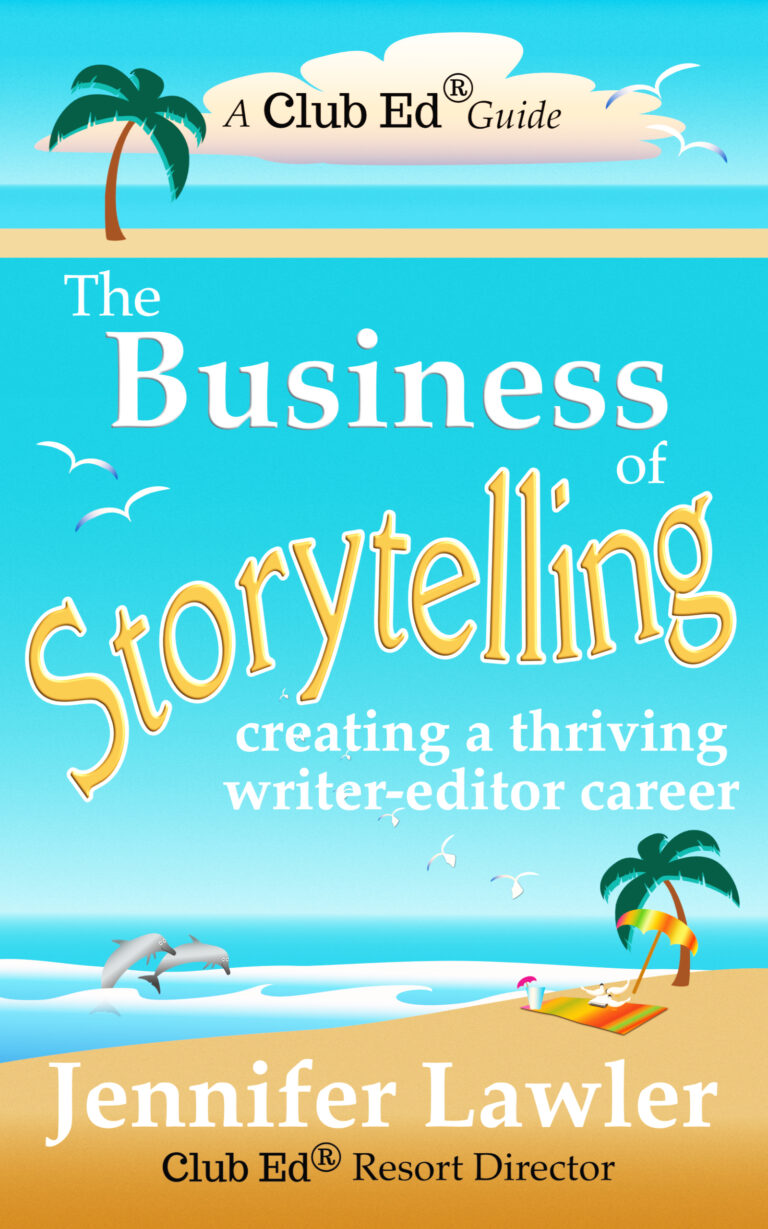What to Do With Literary Agent Feedback
As an author submitting queries, you may end up wondering what to do with literary agent feedback. Do you blindly accept it, completely reject it, or maybe meet somewhere in the middle?
Have You Received Literary Agent Feedback?
A while ago, an author came to me with a conundrum. He’d written a slow-burning psychological thriller and queried it. One agent expressed interest but wanted to see the author revise the ms to have a faster pace. But the author wasn’t sure this would serve the story well. What should he do?
One of the things I always recommend is just trying something new. So I told him, “Why not try a come-out-galloping approach and see what happens? You may surprise yourself.”
This isn’t just about seeing if an agent is maaaaaaybe right. It’s also important because agents and publishers will want to see that you can be flexible if they suggest changes.

“My art is my art” is fine if you want to continue doing what you’re doing. That may be enough. But if it’s not, consider what you will have to do differently to change your own story.
Agents and bigger publishers are driven by the profit motive. Agents do not represent and publishers do not publish books that have literary merit merely because those books have literary merit. They publish books they think they can sell to bookstores (and to a lesser degree to readers). They’re wrong a great deal of the time, but that doesn’t stop them from continuing to focus on creating the most commercial projects they can.
Agents talk about representing books they love but a book an agent loves is one they think they can sell. When I was an agent, I turned down lovely, lyrical books not because they weren’t beautifully written but because I had no idea what publisher would want them. I took on projects that were objectively worse because I knew I could place them.

So you have to get comfortable with this fact in order to compete successfully in this larger arena. It is very hard for many writers because we have this idea that literary merit ought to matter in the world. And it does! It just isn’t necessarily rewarded with monetary success.
This is not meant to discourage but to be realistic. If there are steps you can take (and there almost always are) to make your work more commercially viable and to make yourself as an author more approachable to readers, you are more likely to be able to land that agent and eventually the book deal.
Other Helpful Content
-
How to Create Defensible Edits
As a developmental editor, you need to know how to create defensible edits of a manuscript to help authors put out their best work. Tips for How to Create Defensible Edits When you’re doing a developmental edit—looking at the big-picture overview of a novel—you’ll generally be expected to provide two main services: The editing on…
-
When Is a Book Ready for Editing?
Both authors and editors have the same question at some point in the book writing / publishing process: When is a book ready for editing? So When IS a Book Ready for Editing? The creative process is not timely and linear, which is why, as an editor, I don’t book edits before an author’s manuscript…
-
Effective Client Communication for Book Editors
Managing client expectations is necessary for a successful business so here are my tips for effective client communication for book editors. My Top Tip for Effective Client Communication for Book Editors One way to avoid an unhappy client is to communicate all relevant information from the very beginning of your relationship with them. Clearly stated…
Join the Club!
New to story editing? Begin at the beginning.


